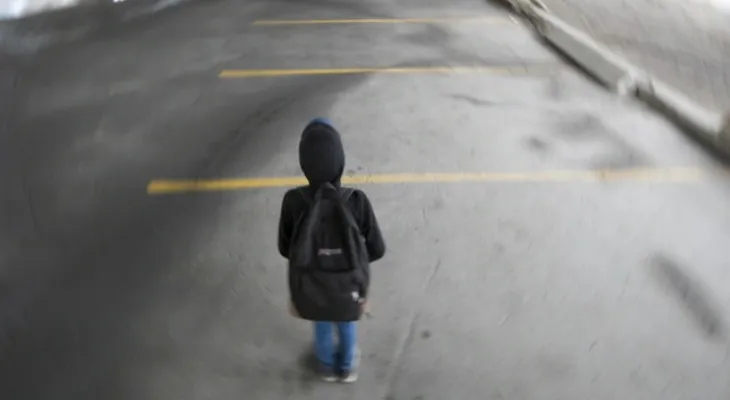Search here
Newspaper
Search here

Arab Canada News
News

Published: October 24, 2023
The Legault government responds to the main recommendation in the Laurent report by establishing a Commissioner for the Welfare and Rights of Children. The holder of this position will be completely independent and will be responsible for monitoring the condition of children in Quebec and acting as their spokesperson.
Following the tragic death of a young girl in Granby in 2019, the Special Committee on the Rights of Children and Youth Protection condemned the fact that there was no independent body exclusively dealing with children in Quebec. Therefore, the committee chair, Régine Laurent, called for the establishment of such an institution.
To benefit from the highest level of independence, the new commissioner will be appointed on the recommendation of the Prime Minister and must be approved by two-thirds of the elected representatives in the National Assembly.
This appointment process also responds again to the requests in the Laurent report, giving the commissioner the same status as the acting general attorney or the general auditor. According to Radio-Canada, their term will also last for five years, renewable only once.
The Commissioner for the Welfare and Rights of Children will receive support not only from an Assistant Commissioner for Indigenous Children but also from an advisory committee composed of children and youth. The Laurent report also recommended that the new institution explicitly include children in its establishment to provide advice.
The commissioner's mandate will not be limited to minors but will also include youth aged 18 to 25 who have already been cared for by the Youth Protection Directorate (DPJ). In his reform of the Youth Protection Act passed in 2022, Minister Lionel Carmant committed to providing better support for these youths.
What are the powers of the new commissioner?
The commissioner’s task will include analyzing the welfare of Quebec's children, preparing an annual report, and issuing opinions and recommendations.
This role will allow them to measure the impacts of public policies on youth and the effectiveness of programs or government organizations. To do this, they will need to continuously collect their testimonies and report on them.
Additionally, every time a coroner investigates a child's death, they must send a copy of their report to the commissioner so that they can monitor the causes of their deaths.
The Commissioner for the Welfare and Rights of Children will have certain powers, but we emphasize that these powers will not duplicate the authorities of the Commission on Human Rights and Youth Rights or the Charter of Human Rights and Freedoms.
For example, they may request a public body to provide the necessary resources, information, or documents. They will also be granted the authority to investigate under the Inquiry Commissions Act.
Moreover, in Canada, most provinces and territories have already established bodies to advocate for children. Quebec is an exception, along with Ontario, New Brunswick, and Nova Scotia.
Finally, the Commissioner for the Welfare and Rights of Children must have offices accessible to the public to ensure direct and physical access to children. In addition to Montreal and Quebec City, facilities may also open their doors in Abitibi-Témiscamingue, where Indigenous communities are located.
Since a bill must be passed to establish this new institution, Quebec hopes that the new commissioner can assume their role as soon as possible, so they can begin their work starting in 2025.
Comments